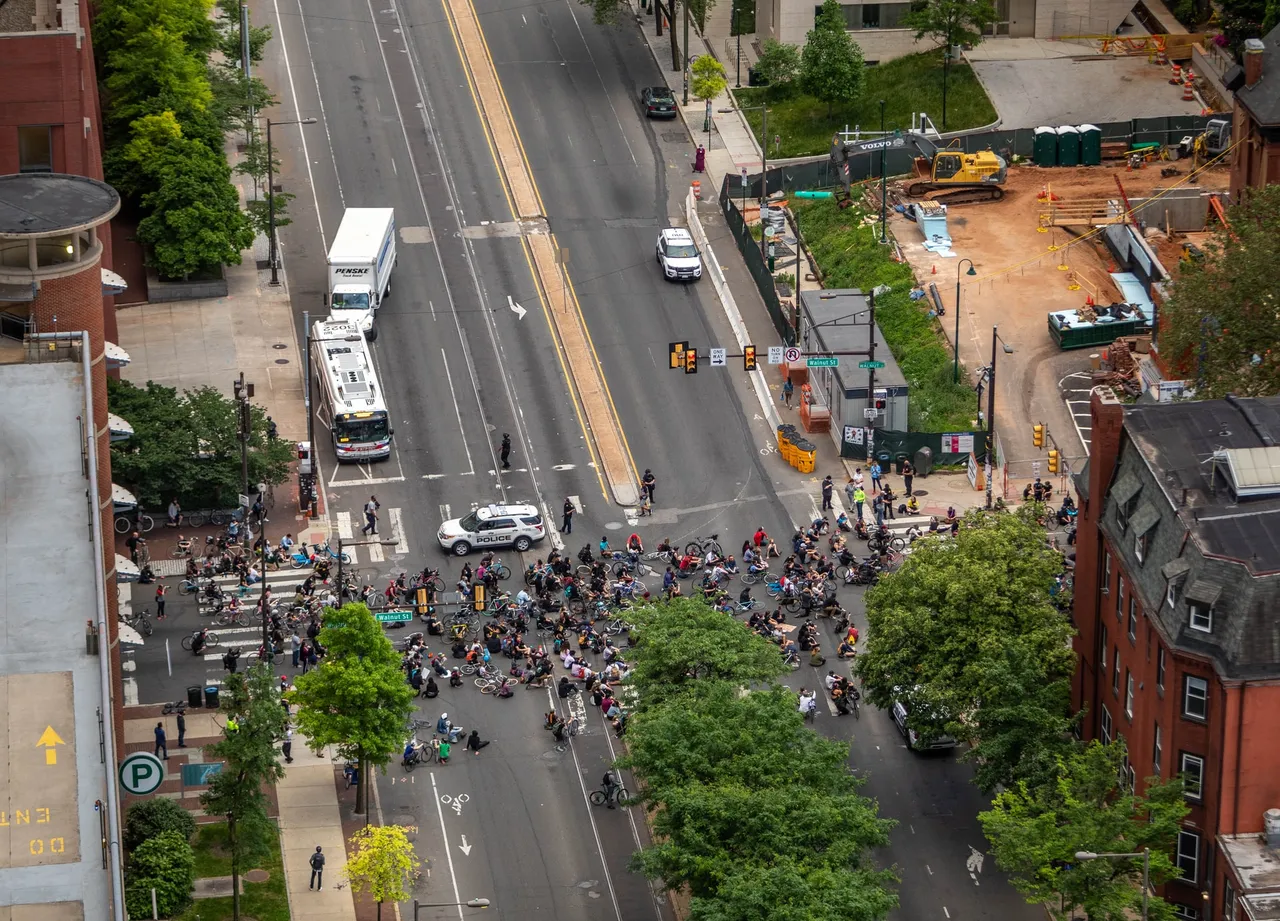 Photo by James Lewis on Unsplash
Photo by James Lewis on Unsplash
Hi, Hivers and members of EcoTrain!
I'm here to answer to this week's community question, which is done once more in collaboration with Dreemport.
Q. "ARE ACTIVISTS WHO INCONVENIENCE THE GENERAL PUBLIC JUSTIFIED?"
This is a difficult question to answer because it depends very much on which side we feel we are on in a protest or a particular cause. I live in a country where protesting has been part of our daily life for some years. Not for environmental reasons but for social and political ones.
In the last 20 years in Venezuela, we have actively and passively experienced thousands of protests.
The government has tried on many occasions to criminalize the protest. And on more than an occasion among the opposition supporters themselves, there have been conflicting positions on how far the inconvenience of those protests to the population can go.
And it would be very hypocritical of me to say that I don't agree with closing a street to protest when in the last 20 years, I have participated in and supported protests that did so.
But there must be limits. And those who protest should know that it often depends on it whether they can get the attention they want or gain followers to their cause instead of losing them.
As an example, I remember so well the 2014 protests in Venezuela when the so-called guarimbas took place. At that time, those who were protesting against the government, with legitimate motives, in my opinion, ended up taking the protests to an extreme situation. They sought to try to paralyze the city by closing main streets and access roads to neighborhoods. By putting in place improvised barricades 'guarimbas'. This went on for weeks, and the tension in the population increased not only because of the clashes with the authorities but also because of the tension between the inhabitants of the affected areas.
In the end, nothing was gained, and much was lost. The government criminalized the protest. The economy continued to plummet, leading to hyperinflation a few years later. And social control increased after these protests.
Those of us who lived in the affected areas lived days of terror, swallowing tear gas inside our homes and fearing that a pellet come through a window. What's more, it divided the opposition, which should have been fighting for a common cause, into those who condemned the guarimbas and those who supported them.
My example is a bit extreme. But the point is, in my opinion, it is justified to create inconveniences to the general public when protesting or doing activism for a cause you believe in. Otherwise, in most cases, those to who you are looking to draw attention would even look at it. And continue with their lives as if nothing happens. But you have to know that there are limits that should not be transgressed, or else you run the risk of subtracting rather than adding followers to the cause.
This is my answer to this week's EcoTrain Community question.
Thanks for reading!
Image credit on the caption
May 20, 2022